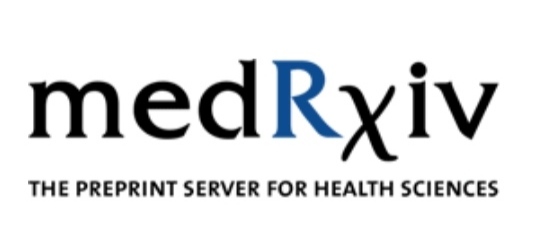Gina M. Torres Zambrano, Rene Antonio Rivero, Carlos A. Villegas Valverde, Yendry Ventura Carmenate, Abu Dhabi Stem Cell Center (ADSCC)
doi: https://doi.org/10.1101/2020.12.05.20244483
Background COVID-19 is the defining global crisis of our time. Secondary complication such as urinary tract infections and sepsis, worsen the already established problem, creating a new challenge.
Objective To characterize the features and outcomes in COVID-19 patients with sepsis and urinary tract infection.
Methods An observational and analytical study was conducted within the framework of the SENTAD COVID clinical trial at the Abu Dhabi Stem Cells Center, were the patients received a nebulization therapy with the use of autologous stem cells (group A). Those patients were compared with a not stem cells treated control arm (group B), and both received the UAE COVID 19 standard management. An analysis of the culture samples, antimicrobial agents and the efficacy of the therapy on patient’s outcomes was done.
Results A significant difference between the groups was found in the UTI incidence (p=*0.0206). Patients in group A showed a lower tendency to sepsis in comparison with group B (7% vs 21%), HR=0.35, (95% Confidence Interval: 0.13 – 0.91), p=0.0175. It was calculated a NNT=7.3. Candida albicans was the most frequently agent causing sepsis and UTI. The massive use of broad-spectrum antimicrobials was striking.
Conclusions We found a protective factor of stem cells against secondary infection in COVID 19 cases, in terms of sepsis and UTI. The suggested immunomodulatory effect of stem cells offers a therapeutic strategy to manage the disease and avoid several complications. Antimicrobial agents can lead to increased opportunistic infections, so a rational approach to these treatments must be considered.
Read more at: https://www.medrxiv.org/content/10.1101/2020.12.05.20244483v1.full-text


Comments are closed